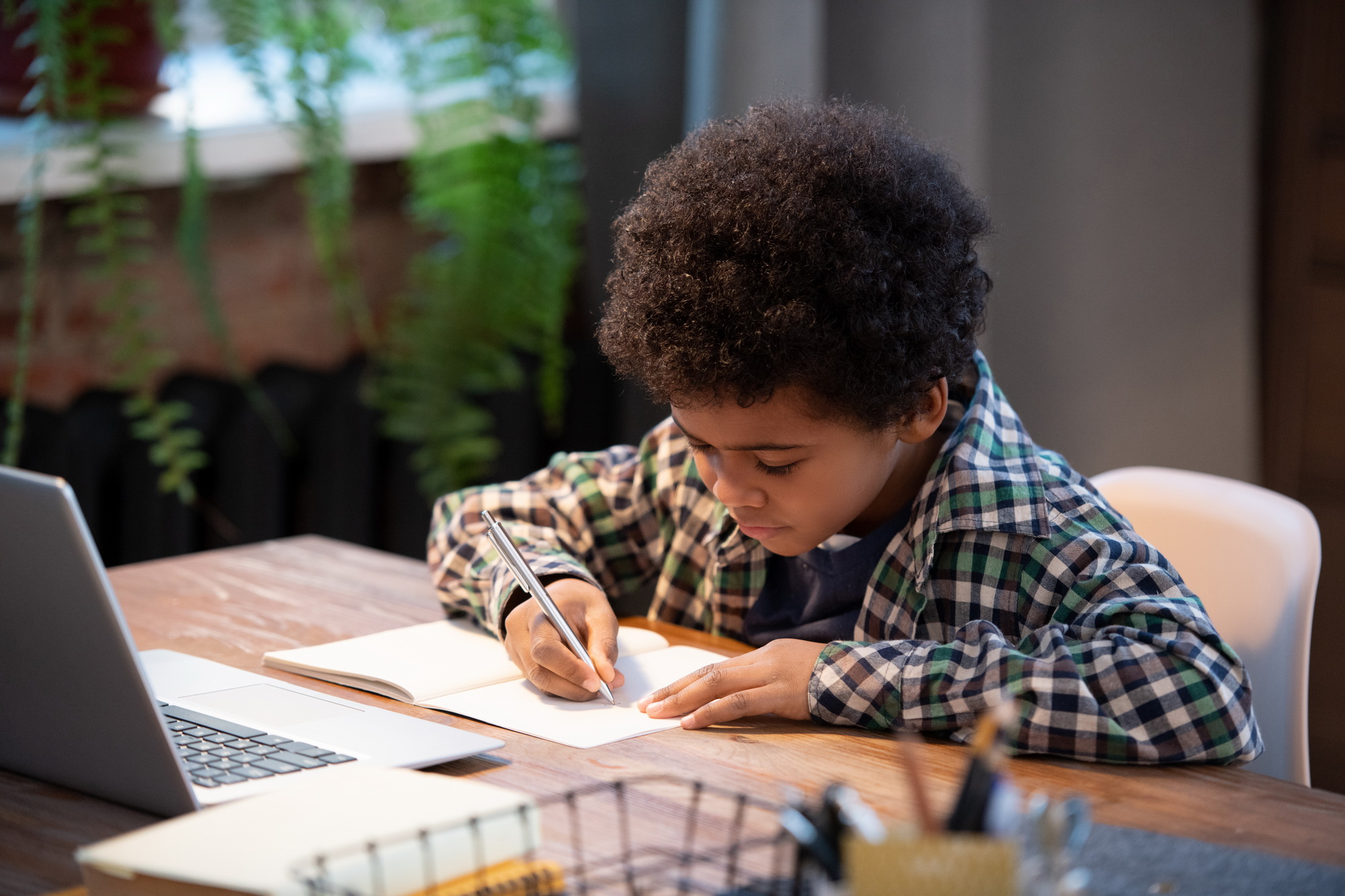Normal Alphabet worksheets activities for Ages 6-7
4 filtered results
-
From - To


Rhyming Words: Assessment Worksheet


Let's Check Long Vowels: Assessment Worksheet


Vowel and Consonant Sounds: Assessment Worksheet


Long and Short Vowel Sentences: Assessment Worksheet
Normal Alphabet worksheets activities serve as a fundamental tool in the educational journey of young learners, offering a structured and engaging approach to mastering the basics of literacy. These activities allow children to familiarize themselves with the alphabet in an interactive and enjoyable manner, making the process of learning to read and write both effective and entertaining.
One of the primary reasons why Normal Alphabet worksheets activities are useful is their ability to cater to various learning styles. Whether a child learns best through visual stimulation, hands-on practice, or repetitive exercises, these worksheets can be tailored to meet their individual needs. By incorporating a mix of tracing letters, matching exercises, and coloring activities related to each letter of the alphabet, children are able to reinforce their learning in a multi-sensory environment.
Moreover, these activities help in developing fine motor skills. As children trace letters and engage in writing practice, they refine their pencil grip and control, which are crucial for handwriting development. The sequential nature of Alphabet worksheets activities also promotes cognitive development, teaching children the order of the alphabet and the distinct sounds associated with each letter, laying a solid foundation for phonemic awareness and early reading skills.
Engagement with Normal Alphabet worksheets activities fosters independence and confidence in young learners. By completing tasks and receiving feedback, children learn to take initiative in their learning process, building self-esteem as they witness their own progress. This sense of accomplishment motivates them to tackle more complex reading and writing challenges in the future.
In conclusion, Normal Alphabet worksheets activities are more than just simple exercises; they are a comprehensive educational tool that supports the holistic development of young learners. Through these activities, children not only learn the alphabet but also develop essential cognitive, motor, and emotional skills that serve as the building blocks for lifelong literacy and learning.

 Assign to My Students
Assign to My Students















